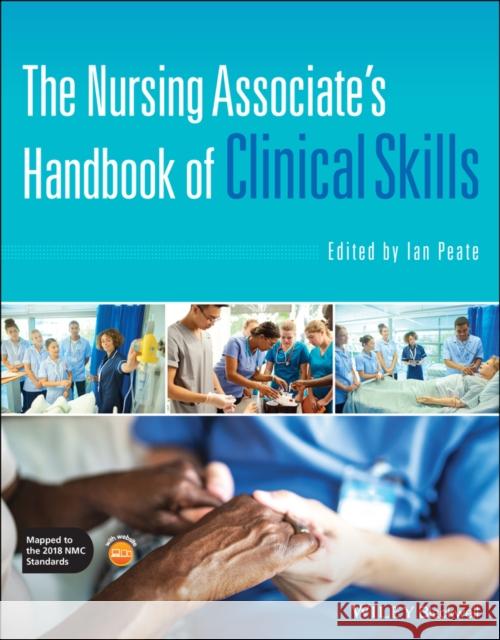The Nursing Associate's Handbook of Clinical Skills » książka
topmenu
The Nursing Associate's Handbook of Clinical Skills
ISBN-13: 9781119642305 / Angielski / Miękka / 2021 / 592 str.
Kategorie BISAC:
Wydawca:
John Wiley and Sons Ltd
Język:
Angielski
ISBN-13:
9781119642305
Rok wydania:
2021
Ilość stron:
592
Waga:
1.64 kg
Wymiary:
27.43 x 21.59 x 2.79
Oprawa:
Miękka
Wolumenów:
01
Dodatkowe informacje:
Bibliografia
Wydanie ilustrowane
Wydanie ilustrowane











